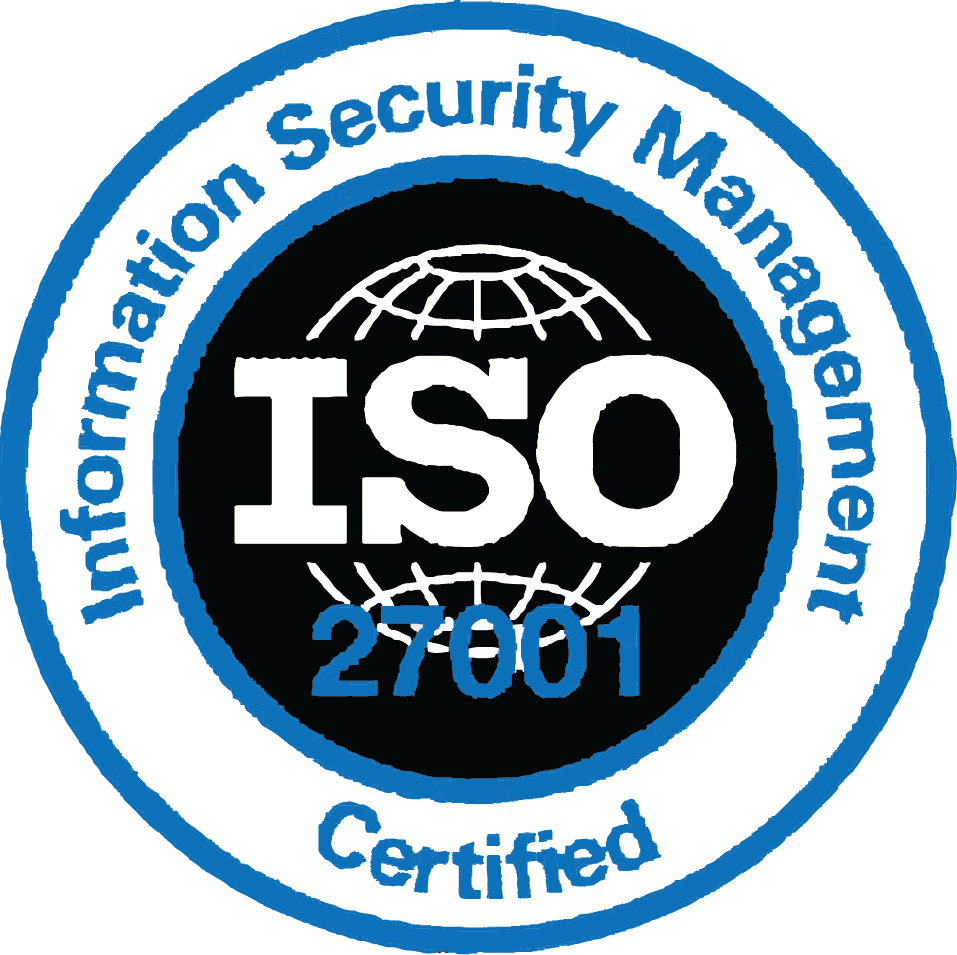In the contemporary era of digitalization, the significance of data governance has never been more pronounced. It has consistently held a pivotal role in corporate oversight, addressing various challenges related to data protection and assurance, particularly in the context of inconsistent data management practices. The imperative for a unified set of policies governing data becomes paramount, aligning with regulatory requirements. One notable regulation in this landscape is the EU Data Governance Act, which, since its implementation in 2022, has begun to exert widespread influence, not only within Europe but also internationally. The Digital Society Journal’s recent analysis has underscored the far-reaching impacts of this legislation on American businesses, primarily concerning the utilization and recycling of private data.
The intricate nature of these data regulations, coupled with the broader mandate for businesses to handle data with utmost care, presents a compelling opportunity to leverage artificial intelligence (AI) and machine learning (ML) within the framework of SAP Master Data Governance (SAP MDG). This utilization serves a dual purpose—enhancing data security and concurrently streamlining operational overheads. By incorporating AI and ML technologies, SAP MDG can play a pivotal role in ensuring compliance with evolving data regulations, proactively addressing challenges posed by the EU Data Governance Act. These technologies enable advanced data safety measures, fostering a secure environment for sensitive information. Simultaneously, the automation capabilities of AI and ML contribute to the reduction of operational burdens, offering a more efficient and streamlined approach to data governance.
Establishing Confidence
Data privacy concerns have become a top priority for American consumers, with Forbes reporting that 422 million individuals experienced data breaches in 2022. Consequently, a staggering 86% of Americans express a lack of trust in companies when it comes to safeguarding their data. This widespread mistrust is justified given the frequency of data breaches. However, integrating Artificial Intelligence (AI) and Machine Learning (ML) into data governance practices can serve as a secure initial step, offering a pathway for businesses to build and restore trust—a critical factor in both B2B and consumer relationships.
Within the context of a Master Data Governance (MDG) framework, employing AI rules defined through regulatory technology (regtech) becomes instrumental. This approach allows businesses to enforce stringent data gathering and quality rules. By implementing algorithms with explicit instructions and room for continuous refinement, a robust framework is established for data collection. The subsequent application of machine learning to this data collection aids businesses in identifying areas for improvement and adapting collection efforts to align with changes in legislation and standards. SAP MDG plays a central role in this comprehensive framework. At its core, SAP MDG provides a central trust view of the business, serving as a foundation for assessing and monitoring data. This pivotal component ensures that AI can effectively execute its functions while offering absolute oversight—a critical element in instilling trust in data governance practices.
Implementing Automation
In the realm of AI and ML, automation plays a pivotal role, mirroring the boost it provides to consumer trust. MITRE Corporation’s research indicates that 64% of consumers inherently trust AI, perceiving it as a tool for assisting and enhancing customer interactions. Capitalizing on this trust is paramount. AI and ML, with their ability to mitigate human error or at least its perception, become crucial assets.
Within the SAP MDG framework, intelligent operations take center stage. Specifically, master data integration on cloud-based services creates an avenue to seamlessly unite diverse services, automatically enforcing data management rules for each. Shifting from individual administrators inconsistently applying data policies to entrusting this responsibility to a machine learning unit is pivotal. This transition not only enhances operational efficiency but also assures consumers that their data is handled in an objective and unbiased manner.
Examining the Regulatory Landscape for Effective Governance
Incorporating AI and ML into data governance is a logical step, but it necessitates careful consideration of the specific data risks associated with these technologies. As highlighted by the Harvard Business Review, regulations are imminent for AI, covering aspects such as data gathering, operational practices, and ecosystem expansion. Given that AI and ML thrive in iterative environments, where flexibility is key, ethical concerns have emerged that demand thorough exploration.
To address these challenges, companies can take an internal approach. The development of MDG frameworks with well-defined yet expansive boundaries serves to control AI activities, ensuring alignment with compliance standards. SAP MDG’s emphasis on consistent security and ID management forms the cornerstone of its operations, with a dedicated focus on assurance. This strategic foundation not only enables AI and ML to contribute valuable services to data governance but also serves as a proactive measure against potential future threats.
Conclusion
The integration of AI and ML in SAP Master Data Governance is crucial for optimizing data quality, addressing data protection challenges, and ensuring regulatory compliance. The EU Data Governance Act and increasing data breaches emphasize the urgency for businesses to rebuild trust. AI and ML, when applied within the SAP MDG framework, offer a secure pathway, enhancing data security and streamlining operations. SAP MDG’s central role provides effective oversight, instilling confidence in data governance. However, with future AI regulations on the horizon, businesses must strike a balance by defining boundaries within MDG frameworks to control AI activities while aligning with compliance standards. This comprehensive approach positions businesses to navigate future challenges in the evolving landscape of regulations, ethics, and consumer trust.
Here’s where VE3 can help, we offer tailored solutions to augment this comprehensive approach. With its expertise in AI governance, we assist businesses in defining and implementing robust boundaries within SAP MDG frameworks. By providing specialized tools and strategies, we empower organizations to harness the benefits of AI and ML while maintaining strict adherence to evolving regulations, ensuring a seamless alignment with ethical standards and bolstering consumer trust. To know more, explore our innovative digital solutions or contact us directly.


















